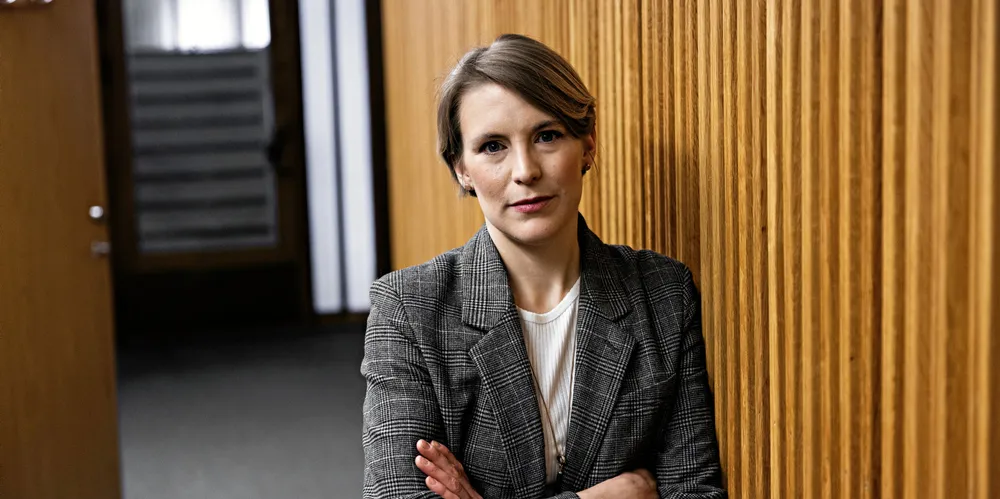Salmon farming tax delayed yet again as negotiations continue for Norway's minority government
The country's minority government is relying on votes from the hardline Socialist Left Party to gets its proposal through parliament, but there may be other options.
